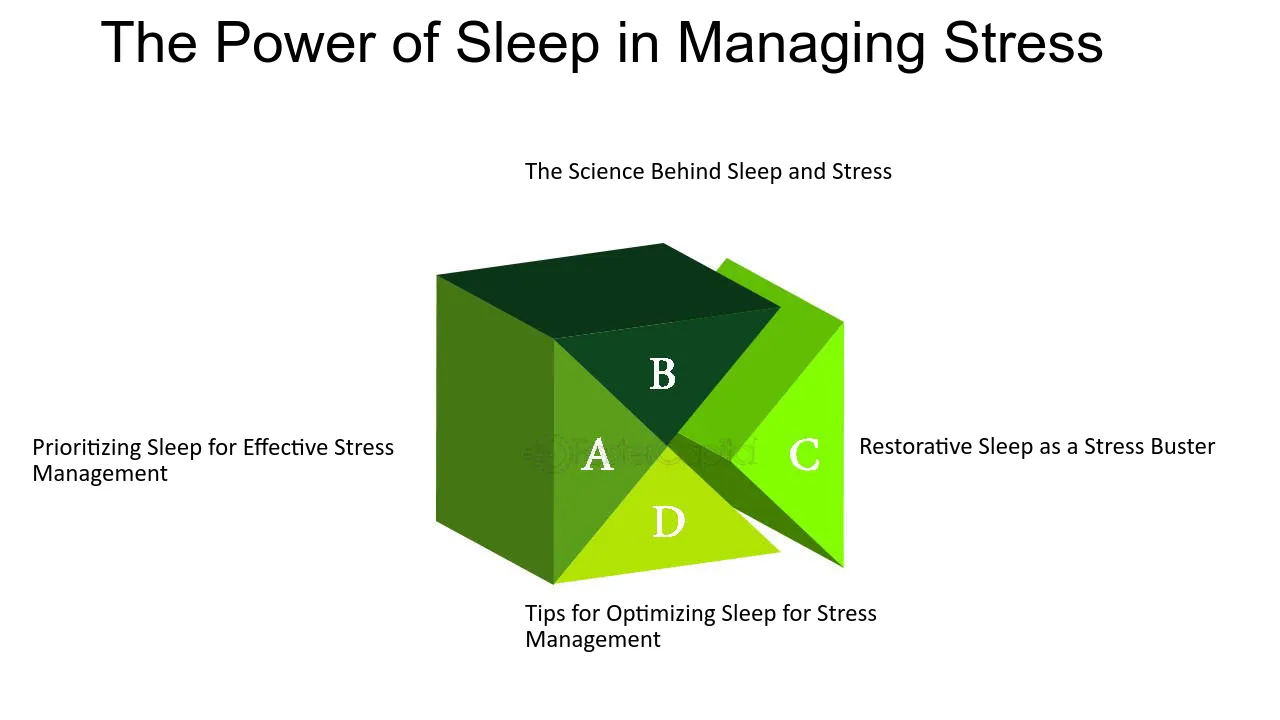How to Sleep Better and Manage Stress Effectively
In today’s fast-paced world, getting enough quality sleep and managing stress are two of the most crucial components of maintaining a healthy lifestyle. Unfortunately, these are often the first things we neglect. Whether you’re overwhelmed by work, struggling with anxiety, or simply battling a restless mind at night, learning how to sleep better and cope with stress can significantly improve your mental and physical health.
Why Sleep Matters
Sleep is not just rest — it’s recovery. During sleep, your brain consolidates memories, processes emotions, and repairs tissues. Chronic sleep deprivation can lead to weakened immunity, weight gain, depression, and even heart disease.
Most adults need 7–9 hours of quality sleep each night. But getting those hours isn’t always easy, especially if stress keeps your mind racing long after you’ve hit the pillow.
Tips to Improve Sleep Quality
- Stick to a consistent schedule
Go to bed and wake up at the same time every day — even on weekends. This helps regulate your internal clock and makes it easier to fall asleep naturally. - Create a sleep-friendly environment
Make your bedroom dark, quiet, and cool. Use blackout curtains, earplugs, or white noise machines if necessary. A comfortable mattress and pillow can make a big difference. - Limit screen time before bed
The blue light from phones, tablets, and TVs interferes with melatonin production, a hormone that signals your body it’s time to sleep. Try turning off screens at least one hour before bedtime. - Avoid caffeine and heavy meals in the evening
Coffee, energy drinks, and even chocolate can keep you wired. Late-night meals can also cause discomfort and indigestion. - Try relaxation techniques
Reading, deep breathing, gentle yoga, or a warm bath can help calm your nervous system and ease you into restful sleep.
How to Manage Stress Effectively
Stress is a natural response to challenges — but chronic stress can be damaging. Headaches, insomnia, irritability, and even high blood pressure can result if it’s left unmanaged.
Here are some evidence-based strategies to reduce stress:
- Practice mindfulness and meditation
Taking just 5–10 minutes a day to focus on your breath or practice guided meditation can reduce anxiety and promote a sense of calm. - Exercise regularly
Physical activity releases endorphins — your body’s natural stress relievers. Even a brisk walk outdoors can improve your mood and sleep quality. - Set boundaries and manage your time
Say no when needed. Break big tasks into smaller, manageable steps. Use planners or apps to stay organized and reduce the feeling of being overwhelmed. - Talk to someone
Sharing your thoughts with a trusted friend, family member, or therapist can help process emotions and reduce stress. - Get professional help when needed
There’s no shame in seeking help. Cognitive behavioral therapy (CBT), counseling, or even short-term medication can be beneficial.
Better sleep and lower stress aren’t luxuries — they’re essential to your health and happiness. By creating a restful sleep routine and incorporating small daily habits to manage stress, you can dramatically improve your quality of life.
Remember: It starts with one small change. Start tonight — your body and mind will thank you.
















